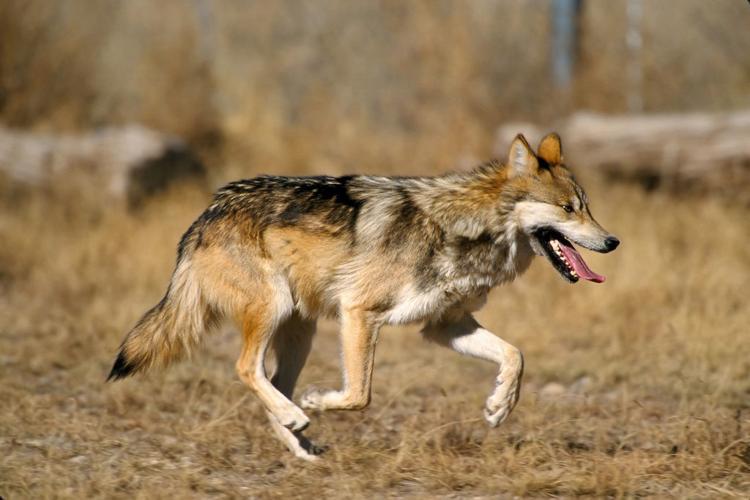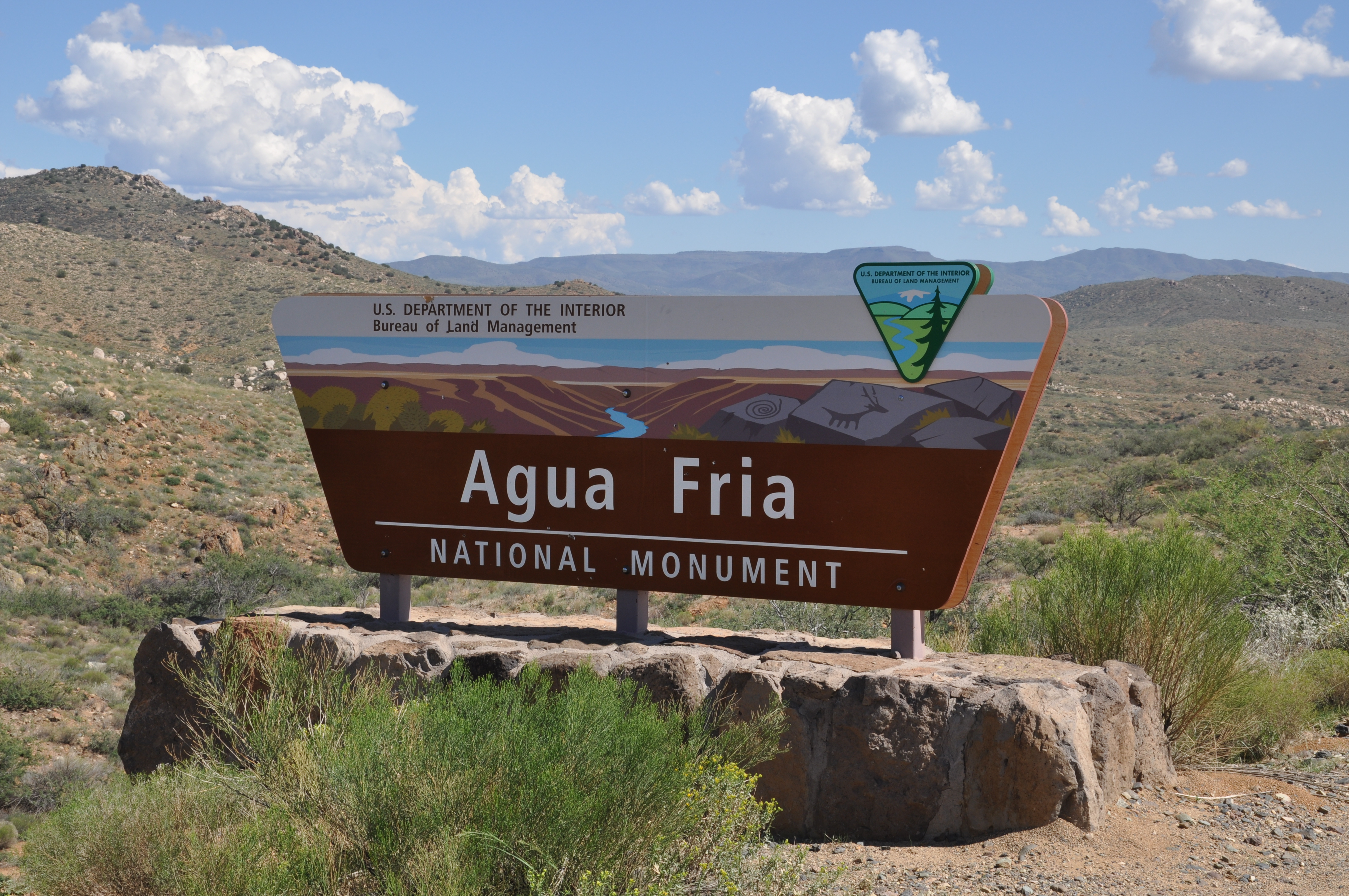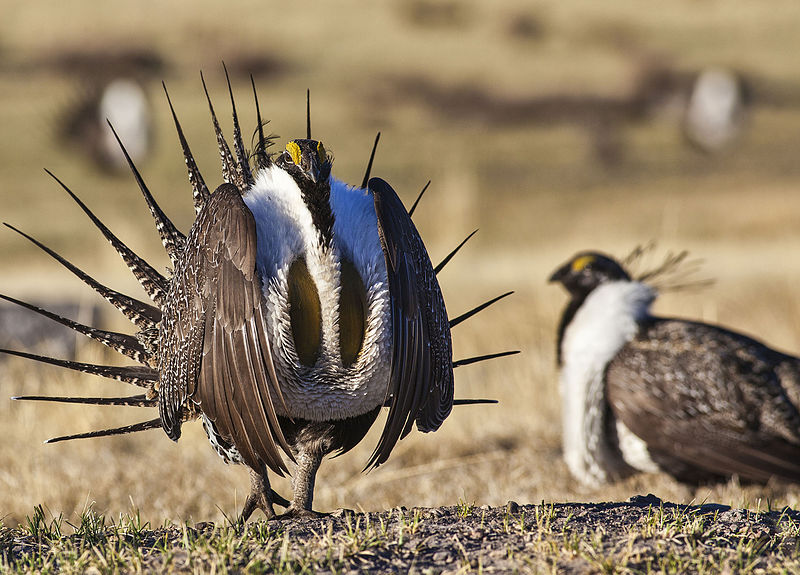Public Lands
-
The Fish and Wildlife Service will soon be reviewing a Habitat Conservation Plan (HCP) for Oregon’s Deschutes River written by contractors working for the Central Oregon irrigators. The HCP will dictate the future of the river. The goal of the irrigators is to obtain a “get out of jail free” pass for their impacts on…
-
MYTH: FUEL BUILD UP IS RESPONSIBLE FOR LARGE BLAZES? A conventional narrative is that wildfires in the western U.S. are unprecedented and more extensive than in the past. This increase in fire acreage is attributed to “fuel build-up,” presumed to be the result of successful fire suppression. However, such assertions lack context. Compared to the…
-
Photos courtesy of Escalante Watershed Partnership Among the more egregious recent decisions of the Utah Bureau of Land Management is to open 50,000 acres of the Escalante River within the Grand Staircase Escalante National Monument to renewed livestock grazing. The Escalante was so remote that it was the last major river to be mapped in…
-
In December 2017, an Arizona hunter knowingly shot and killed a young lobo, took pictures of his “trophy,” and left her body to rot in a field. Someone else saw the photos and reported the killing to the anonymous tip line. Law enforcement officers investigated and, last year, the perpetrator lost his access to national…
-
Just above the northern reaches of the Phoenix megalopolis lies the Agua Fria National Monument, named for the river that runs through it and known for its rich archeological history and the refuge it provides for a broad range of wildlife species, including the imperiled Gila chub, yellow-billed cuckoo and northern Mexican garter snake. It’s a…
-
The Wallowa-Whitman National Forest is proposing to log the Lostine Wild and Scenic River corridor. The basic justification is to reduce the potential for large wildfires. Yet according to the Oregon Department of Forestry, in 2019 only acres 67,795 acres burned in the state, compared to 846,411 acres burned last year. Why the big difference?…
-
The five long versions of everything the agency did wrong with the Final Environmental Impact Statements “amending” the existing Obama-era sage-grouse land use plans can be found by state on WWP’s website: Idaho, Wyoming, Colorado, Utah and Nevada. The short version is this: The agency didn’t just take away over 200,000 acres of protected areas (mostly in Wyoming) and rearrange…
-
The Lolo National Forest is proposing to “salvage” log a portion of the 28,000-acre Liberty Burn near Seeley Lake, Montana. The Forest Service (FS) approved the logging using a categorical exclusion (CE) process. CEs were initially designed to permit the FS to do minor actions like replace an outhouse in a campground or replace signs…



